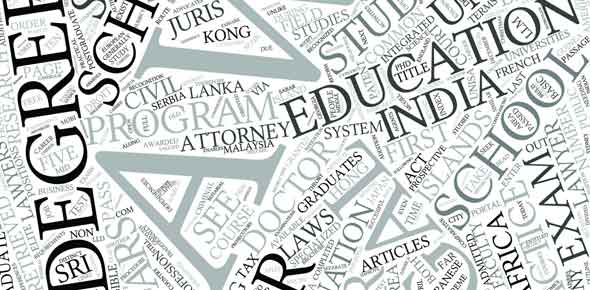Related Flashcards
Related Topics
Cards In This Set
| Front | Back |
|
Daniel Shays
|
Daniel Shays was a radical veteran of the Revolution. He led a rebellion, fittingly named Shays Rebellion. He felt he was fighting against a tyranny. The rebellion was composed of debtors demanding cheap paper money, lighter taxes, and suspension of mortgage foreclosures. He was sentenced to death but was later pardoned. The rebellion in 1786 helped lead to the Constitution and Shay somewhat became one of the Founding Fathers.
|
|
Abigail Adams
|
: Abigail Adams was the wife of second president John Adams. She attempted to get rights for the "Ladies" from her husband who at the time was on the committee for designing the Declaration of Independence.
|
|
Alexander Hamilton
|
High Political leader-1786- 32 year old New Yorker who saved the convention from complete failure by engineering the adoption of his report. It called upon Congress to summon a convention to meet in Philadelphia the next year, not to deal with commerce alone but to bolster the entire fabric of the Articles of Confederation. Congress, because of Hamilton's influence, issued the call for a convention "for the sole and express purpose of revising" the Articles of Confederation. (1787) Hamilton was present as an advocate of super-powerful central government. He gave a five hour speech that did not reach anyone but himself. One of the youngest and most brilliant founding fathers. Hamilton helped whip up support for the anti-federalists, even though he favored a strong central government. Hamilton joined John Jay and James Madison in penning a masterly series of articles for the New York newspaper. There essays are the most penetrating commentary ever written on the Constitution.
|
|
James Madison
|
Nicknamed "the Father of the Constitution"; talented politician sent to the Constitutional Convention in Philadelphia on May 25, 1787; his notable contributions to the Constitution helped to convince the public to ratify it.
|
|
Primogeniture
|
An English law in colonial times that said only the eldest son of the parents could inherit a landed estate. This left the wealthy but landless younger sons to seek their fortune elsewhere. Many of the younger sons went to the New World, and they included Gilbert, Raleigh, and Drake.
|
|
Federation
|
Thomas Jefferson wanted a tightly knit federation. This involved the yielding by the states of their sovereignty to a completely new federal government. This would give the states freedom to control their local affairs.
|
|
Checks and Balances
|
Checks and Balances "is the principle of government under which separate branches are employed to prevent actions by the other branches and are induced to share power." The framers of the constitution for the U.S. saw the policy of checks and balances necessary for the government to run smoothly. Third principle has prevented anyone Branch from taking over the government and making all the decisions.(Having a dictatorship.)
|
|
Sovereignity
|
Sovereignty is defined as supreme political power. When the Continental Congress in 1776 asked the colonies to draft new constitutions, it was asking them to become new states, whose sovereignty, according to republicanism, would rest on the peoples authority. Power in the peoples hands is the basis for democracy.
|
|
Mobocracy
|
To be ruled by a mob. An example of people who used this method would be the American colonists. When England would impose taxes and acts, such as the Stamp Act, the colonists would become angered and protest it by forming mobs and doing such things as ransacking houses and stealing the money of stamp agents. The Stamp Act was eventually nullified because all the stamp agents had been forced to resign leaving no one to uphold it. This is an example of Mobocracy.
|
|
Consent of the Governed
|
The people of a country have to consent to be governed, otherwise they have the right to over-throw the government. This theory was coined by John Locke
|
|
Ratification
|
The confirmation or validation of an act (such as a constitution) by authoritative approval.
|
|
Township
|
: in America, a surveyed territory six miles square; the term also refers to a unit of local government, smaller than a county, that is often based on these survey units.
|
|
Republicanism
|
The theory of Republicanism was that the government was under the authority of the people it governs. The power in the peoples hand's is the basis for Democracy. The writers of the constitution used the Republicanism theory.
|
|
States' Rights
|
The anti-federalists opposed the constitution because they thought it did not give enough power to the states. They believed that each state deserved certain rights that were not clearly defined in the constitution but were pertinent in democracy. Since these rights were not included in the original draft of the constitution there was a delay in the ratification process until the states were granted individual powers in an added clause.
|
|
Popular Sovereignty
|
Popular Sovereignty is the idea that people should have the right to rule themselves. This idea had revolutionary consequences in colonial America.
|






